A hearing is scheduled for June 1 to discuss the defense team’s request to keep Casey’s jail visits private instead of publishing them like everyone else sitting in a government sponsored cell. There is also the matter of earlier rulings made by Judge Stan Strickland before he recused himself over a month ago.
This post is meant to clear up some issues that sprang to life when the defense filed the motion¹ 3 days before the judge stepped down. It was bad enough that the dismissal request was filed at 4:48 PM on a Friday afternoon, 12 minutes before the Clerk of the Court closed for the weekend. That was plenty rude and tacky, but after the judge removed himself, the defense fired back with its OBJECTION TO COURT’S “ORDER ON DEFENDANT’S MOTION TO DISQUALIFY TRIAL JUDGE”.
I want to explore that and the subsequent DEFENDANT’S MOTION FOR RECONSIDERATION OF CERTAIN PRIOR RULINGS BY DISQUALIFIED JUDGE. Therein may lie one of the motives for seeking the judge’s dismissal.
In his ORDER ON DEFENDANT’S MOTION TO DISQUALIFY TRIAL JUDGE, Judge Strickland made it clear that his decision was not based on any prejudice or errors in judgement, real or perceived, by Casey Anthony’s defense. It was all about future rulings under his command.
“If past is prologue, some defense motions may be denied. Since the undersigned has now been accused of bias and wrongdoing, potentially each denial of a defense motion will generate renewed allegations of bias. The cumulative effect will be to elevate an otherwise meaningless situation into a genuine appellate issue.”
He further added that the crux of the defense motion centered around his comments to a local blogger/journalist many months earlier. He explained that his words to the blogger/journalist were delivered in open court, with open microphones, in front of rolling cameras and not in secret. They were, in fact, a compliment for being fair and civilized. These are the words of Judge Strickland, not me, and at the time, neither one of us knew where the cameras were focused, nor did we know whether microphones were on or off. Honestly, there was nothing to hide, despite the fact that a portion of the raw video was surreptitiously snipped out.
Judge Strickland went on to chastise the defense for accusing him of being a self-aggrandizing media hound. Well, if that’s not the pot calling the kettle black, I don’t know what is. Perhaps, this is exactly what Cheney Mason meant when he blurted out at a post-hearing press conference that “this case is going to be fun!”
The fun is over. Where Judge Strickland confessed to a general affability that, at times, seemed to belie the importance of the case, he was every bit a professional. So is Chief Judge Belvin Perry, Jr., who is not as affable.
Of course, leave it to Mason to insist on having the last word.
In his objection, Mason cited the Florida Rules of Judicial Administration 2,330(f), Riechmann v. State, 966 So.2d 298 (Fla. 2007) and Florida Rules of Judicial Administration 2.330(j). He continued his wrath by saying the court“may not argue or dispute facts yielding any response, other than ‘granting’, or ‘denying’, the motion. To do so, automatically laces the Court in an adversarial position, contrary to the defense, and, by that act alone, is required to be disqualified.”
Excuse me, but didn’t the judge dismiss himself in his order? He didn’t do it later. My friend, a former Florida judge, told me in no uncertain terms that since the judge ordered his own recusal, he was well within his right to voice an opinion.
Florida Rules of Judicial Administration 2,330(f) states that:
(f) The judge against whom an initial motion to disqualify under subdivision (d)(1) is directed shall determine only the legal sufficiency of the motion and shall not pass on the truth of the facts alleged. If the motion is legally sufficient, the judge shall immediately enter an order granting disqualification and proceed no further in the action. If any motion is legally insufficient, an order denying the motion shall immediately be entered. No other reason for denial shall be stated, and an order of denial shall not take issue with the motion.
Florida Rules of Judicial Administration 2,330(d)(1) addressed Casey’s fear that she would “not receive a fair trial or hearing because of specifically described prejudice or bias of the judge.” Once Casey affixed her signature to the document, the deal was done and Judge Strickland had no choice but to step down. At the same time, the rule (f) is clear and at no time in his order did he admit to any wrongdoing. He could have denied the motion, but his concern over a possible appeal down the road usurped his right to remain on this case.
Here’s the comical part, the one that makes the objection a laughing stock:
(j) Time for Determination. The judge shall rule on a motion to disqualify immediately, but no later than 30 days after the service of the motion as set forth in subdivision (c). If not ruled on within 30 days of service, the motion shall be deemed granted and the moving party may seek an order from the court directing the clerk to reassign the case.
Excuse me, but this is the same person who filed the dismissal motion 12 minutes before the Clerk of Court retired for the weekend. The judge, on the other hand, promptly responded the following Monday, and did so because, DUH, the office is CLOSED for the weekend. That’s like giving someone poor directions and scolding him when he’s late to arrive at the designated destination. This was nothing more than a self-aggrandizing act by an overly egotistical and pompous lawyer who had to get the last word in. He fully knew the judge would not respond.
Here’s an interesting document. Could it have prejudiced the judge?
Letter to Judge Strickland
This letter, addressed to the Honorable Judge Stan Strickland, voiced a very prejudicial opinion regarding Casey’s innocence, replete with scientific analogies and evidence showing that she could not have been the murderer. Where was the State at this time? Clearly, Linda Drane Burdick could have demanded the judge’s head for accepting the letter to begin with, whether he read it or not. Of course, since it was not damaging to the defense, Casey’s attorneys never gave it a passing thought.
This is where I lead into the possible motive behind that fateful dismissal motion. Sure, I’ve heard a lot of opinions from local attorneys. One said that, with an ego like Mason’s, he couldn’t stand losing his argument during the indigence hearing regarding where Casey’s defense money came from. Here, he came out in all his glory, telling the world that he is a lawyer to be reckoned with; one with an impeccable record, and one who knows how to hoodwink the court. Only, it didn’t work and he blew his top, speaking of which, he just had to top Judge Strickland by filing the dismissal. That’s all well and fine, but I think the underlying factor is the motion later filed that set-up the one demanding the judge’s head on a platter - the one concerning earlier rulings. Four key elements were introduced:
(A) Defendant’s Motion to Compel Production of Tape Recorded Statement of Joe Jordan and the Court’s Order on same dated April 7, 2010
(B) Motion for Production of Grand Jury Testimony of George Anthony filed by the state of Florida on September 16, 2009 and joined in by the defense, and the Order of the Court dated October 6, 2009.
(C) Defendant’s Motion to Compel Tips Gathered by Law Enforcement, dated November 4, 2008.
(D) The Order on Defendant’s Motion to Modify the Court’s Order on Defendant’s Application for Subpoena Duces Tecum for Documents in the Possession of Texas Equusearch.
In (A), the court turned down the defense request for the taped interview. Instead, it was sealed. The rationale is plain and simple; it is against the law to secretly record anyone, which is exactly what Jordan did when defense investigator, Mort Smith, interviewed him. He said that when he searched the area where Caylee was found, the remains weren’t there and the ground was dry. Other volunteers said the area was too wet to search. Read the judge’s order HERE. Joe Jordan was interviewed by the defense on Oct. 27, 2009 and was later interviewed by law enforcement in the presence of a prosecutor on Nov. 5, 2009. The court recognized that the two separate interviews conflicted with each other and decided the sworn statement by Mort Smith regarding what Jordan said was sufficient and no further action was necessary. It cited Florida Statute 943.o6:
Whenever any wire or oral communication has been intercepted, no part of the contents of such communication and no evidence derived therefrom may be received in evidence in any trial, hearing or other proceedings in or before any Court, Grand Jury, department, officer, agency, regulatory body, legislative committee, or other authority of the State, or a political subdivision thereof, if the disclosure of that information would be a violation of this Chapter.
The statute is very clear, and either the defense didn’t understand the law or it’s maintaining a stance Jose Baez told Judge Perry at one of the recent hearings,“My grandmother told me you’ll never get something unless you ask.” In that vein, his dear grandmother may have been right, but the judge - any judge - must not change the law in a ruling. The judge also wrote that since Mort Smith gave a sworn statement attesting to what Jordan said, “direct testimony regarding what Mr. Jordan stated is still available via the testimony of Investigator Smith.” It’s all quite simple. In my opinion, this will be denied.
(B) is rather interesting. The state requested the transcript of George’s grand jury testimony. The judge granted it.
THIS CAUSE coming on to be heard upon the State’s Motion for Transcription of Grand Jury Testimony, and the Court having been duly advised in the premises, it is hereby,
ORDERED AND ADJUDGED that the State’s Motion for Transcription of Grand Jury of George Anthony taken/heard before the Grand Jury on October 14 2008 is hereby GRANTED, the original of said transcript shall be delivered to the State Attorney and all of the requirements of grand jury secrecy pursuant to Florida Statute 905.27 shall remain in effect pending the further order of this court.
Notice, I said the state asked for the transcript, and only the state, yet in this latest motion to be heard on June 1, the defense wrote, “and joined in by the defense…” Nowhere in his order did the judge include the defense and the reason why is that the state filed the motion all by its lonesome. I did not see Baez and Jeff Ashton dancing arm-in-arm to the Clerk of Court’s office to file together, but I’ll guarantee it was filed in a timely manner because it came from the state. What this tells me is that the judge ruled in chambers and the defense feels left out. Why? It wasn’t the judge’s job to hand the testimony over to the defense and if the defense wants it, it should have filed a motion requesting it. What, exactly, is there to reconsider in this new motion? It is, after all, a motion to reconsider earlier rulings. Therefore, this is an attempt to make Judge Strickland look bad. If the judge grants it, it will be because of case law. Other than that, it’s a used car salesman’s attempt to sell Judge Perry a lemon.
(C) is a motion filed by the defense over a year-and-a-half ago. In it, Baez acknowledges it submitted an Attorney’s Demand for Discovery on October 15, 2008. I think we are all aware of discovery in the state of Florida, but perhaps, the defense is not, at least, not as much as we would like to think. After the prosecutor receives the demand, he/she is obligated to respond. The defense now has over 11,000 pages of discovery documents in its hands. At the time the motion was filed, the defense wanted access to the nearly 5,000 tips that had come in. Today, the number is astronomical and it’s on full display in the periodic document dumps. Also, the motion cited a Motion for Favorable Evidence in Case Number 48-2008-CF-10925-O that was filed on October 3 and included,
a. “Any police investigation reports or any other similar documentation in possession by any law enforcement agency which involves the investigation of tips, leads, and follow-ups conducted by said agency or agencies, based on the sightings of Caylee Marie Anthony.”
The October 3 motion was granted by Judge Strickland on October 10, but on October 21, the state filed a nolle prosequi on the case making the judge’s ruling inconsequential. A nolle prosequi is an entry made on the record in which the prosecutor declares that he will proceed no further. The effect of a nolle prosequi does not act as an acquittal. It allows the prosecution to re-indict the defendant on the same charges and more, if necessary, at a later date. The defense also asked for sanctions for the delay in the state’s production of discovery and for the undue burden it has caused and the costs associated with the filing of the motion. Tsk, tsk. If you recall, the state filed first-degree murder charges against Casey on October 14.
In March of 2009, The defense took a bruising from Judge Strickland. Linda Kenney Baden wanted Strickland to order prosecutors to hand over the FBI’s bench notes from DNA testing on evidence. The judge wouldn’t do that because prosecutors didn’t have them and he had no jurisdiction over the FBI other than in the state of Florida. He informed the defense that if they wanted the notes, they would have to ask the FBI. As for the sanctions for allegedly keeping evidence from them, the judge said, “The motion for sanctions is denied.”
Finally, (D) is a rehash, deja vu, all over again moment, as if it will remain suspended in time until the defense gets to interview every single inhabitant of the ISS, just in case Caylee was whisked away on a shuttle flight. There are roughly 4,000 people who voluntarily searched for her all over Central Florida. Why do they need to see the records of every one of them?
In the original ruling from August 27 of last year, Judge Strickland wrote that the records of 32 Texas EquuSearch searchers mentioned at a hearing held on July 21 would be made available to both the state and the defense. They were recognized as being in the vicinity of Suburban Drive. The remaining paperwork filed by nearly 4,000 others could be reviewed in Mark NeJame’s office. Any searchers found to have been within 200 yards of the site where Caylee was found could be flagged for future consideration.
On April 5, Casey was back in court. So was Mark NeJame. Fireworks went off in the form of angry arguments and explosive accusations. What the defense expected was to be able to go through all of the TES documents in search of someone who may have gone into those woods before Caylee was discovered. The volunteers who did search there have maintained that the ground was flooded and impossible to walk through. Tim Miller told the volunteers to stay out of areas covered with too much water for fear it may damage evidence, so with standing water, there came a standing order to stand down.
The defense was given ample opportunity to go to Mark NeJame’s office to look through all of the TES records. The main problem with a court order is it opens up all of the personal information to the public. In the end, Judge Strickland agreed with NeJame. Later that day, he denied the defense request, but reiterated that they could still go and look through the documents and if they end up finding something, it could be flagged, just like he said before. Then, they could go back to the judge and try to get that released. There was not going to be a blanket release of all the documents. In my opinion, there is no reason why Judge Perry should alter that ruling, so overall, I’m afraid this motion to be heard on June 1 is not going to be thrilling for the defense team. Oh well, there’s still the issue of keeping public records about Casey’s visitors at the jail private, but Judge Strickland already said it’s all about jail rules, not the court’s.
In one last tip of my hat to Judge Strickland, I must say he did justice in this case all along, and in the end, he continues. Cheney Mason made this a problem case when he asked the esteemed judge to step down. He should have known that Belvin Perry always takes over problem cases. Ultimately, I just don’t see a chief judge overruling one of his own judges, especially one who has an incredible penchant for the law; someone with a sterling record of fairness. But just as Jose said, it doesn’t hurt to ask. Well, not always. Be careful what you ask for.
 Thursday, May 27, 2010 at 6:15PM
Thursday, May 27, 2010 at 6:15PM 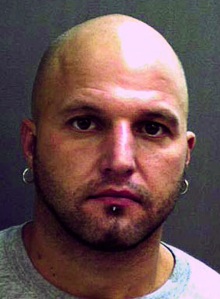
 Dave Knechel | tagged
Dave Knechel | tagged  APOPKA POLICE DEPARTMENT,
APOPKA POLICE DEPARTMENT,  CHRIS GEORGE,
CHRIS GEORGE,  Casey Anthony,
Casey Anthony,  DARTH VADER,
DARTH VADER,  Dave Knechel,
Dave Knechel,  JAMES HATAWAY,
JAMES HATAWAY,  JENNIFER KESSE,
JENNIFER KESSE,  MCGUINNTY'S IRISH PUB,
MCGUINNTY'S IRISH PUB,  OCOEE POLICE DEPARTMENT,
OCOEE POLICE DEPARTMENT,  SEMINOLE COUNTY JAIL,
SEMINOLE COUNTY JAIL,  TRACY OCASIO,
TRACY OCASIO,  VADER MCGIRTH | in
VADER MCGIRTH | in  Dave Knechel,
Dave Knechel,  David B. Knechel,
David B. Knechel,  David Knechel,
David Knechel,  Marinade Dave,
Marinade Dave,  Marinade Dave Knechel,
Marinade Dave Knechel,  Marinade Dave’s Caylee Anthony Posts,
Marinade Dave’s Caylee Anthony Posts,  marinadedave |
marinadedave | 
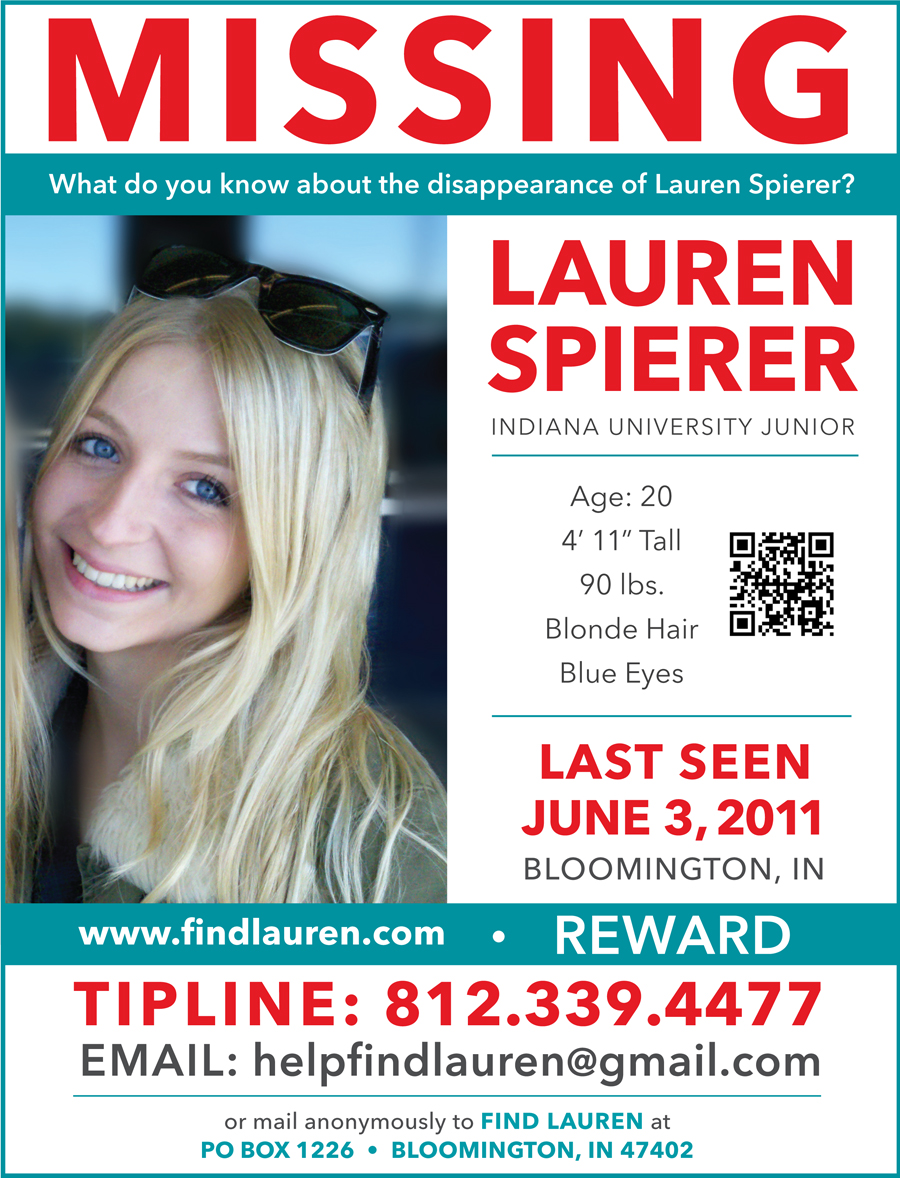

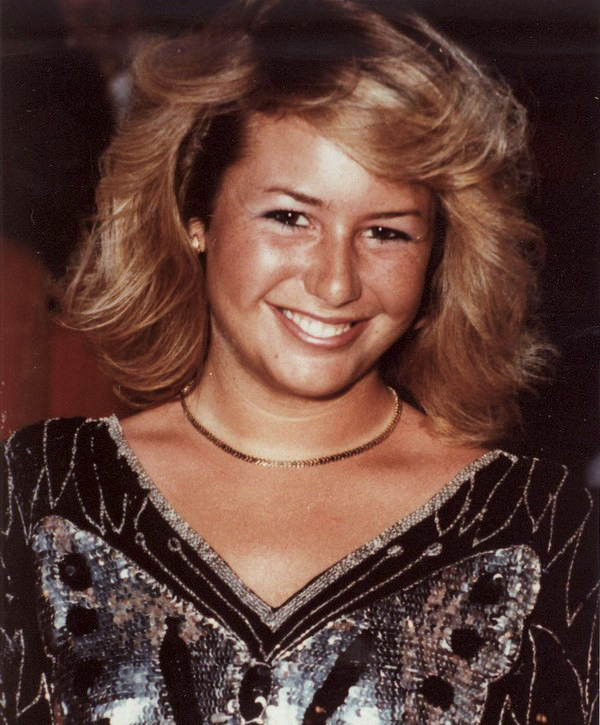

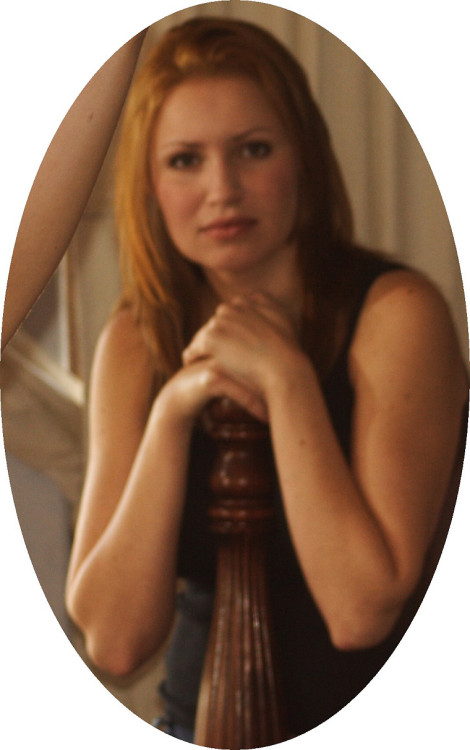
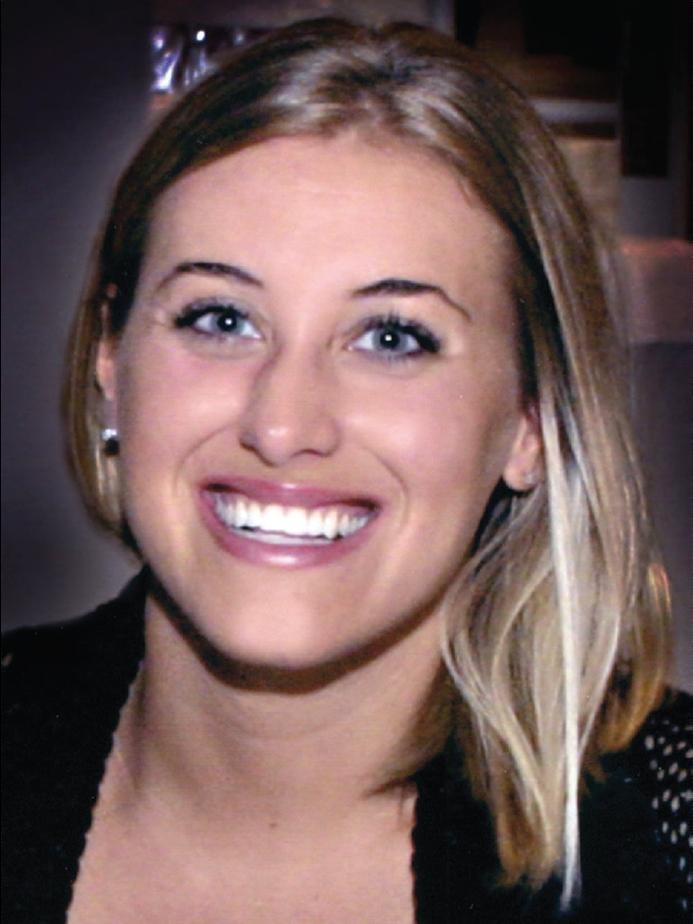







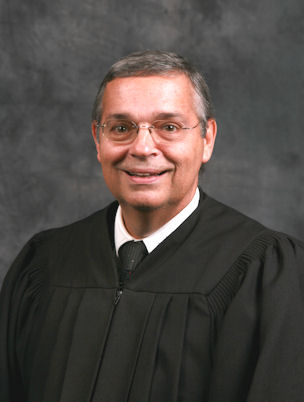
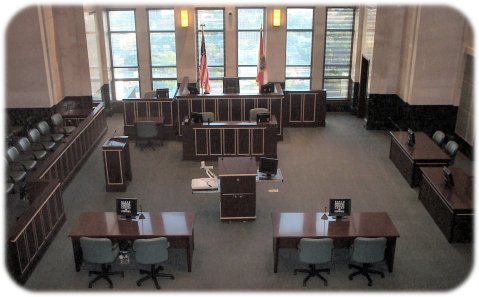
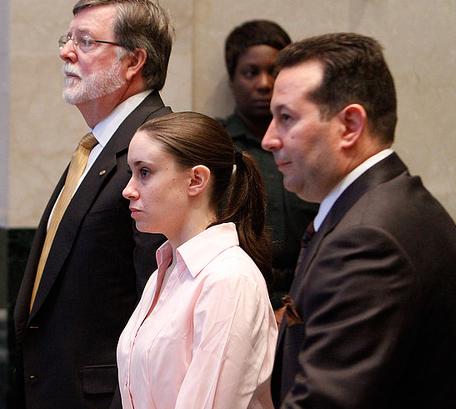
 LEGAL NOTICE
©David B. Knechel. All Rights Reserved. No portion of this site can be reproduced in it's entirety or in part without expressed written permission by the owner/administrator of this site in accordance with the Digital Millennium Copyright Act. Section 512(c)(3) of the U.S. Copyright Act, 17 U.S.C. §512(c)(3). The charges against defendants are mere accusations and the subjects are presumed innocent until found guilty in a court of law.
LEGAL NOTICE
©David B. Knechel. All Rights Reserved. No portion of this site can be reproduced in it's entirety or in part without expressed written permission by the owner/administrator of this site in accordance with the Digital Millennium Copyright Act. Section 512(c)(3) of the U.S. Copyright Act, 17 U.S.C. §512(c)(3). The charges against defendants are mere accusations and the subjects are presumed innocent until found guilty in a court of law.
